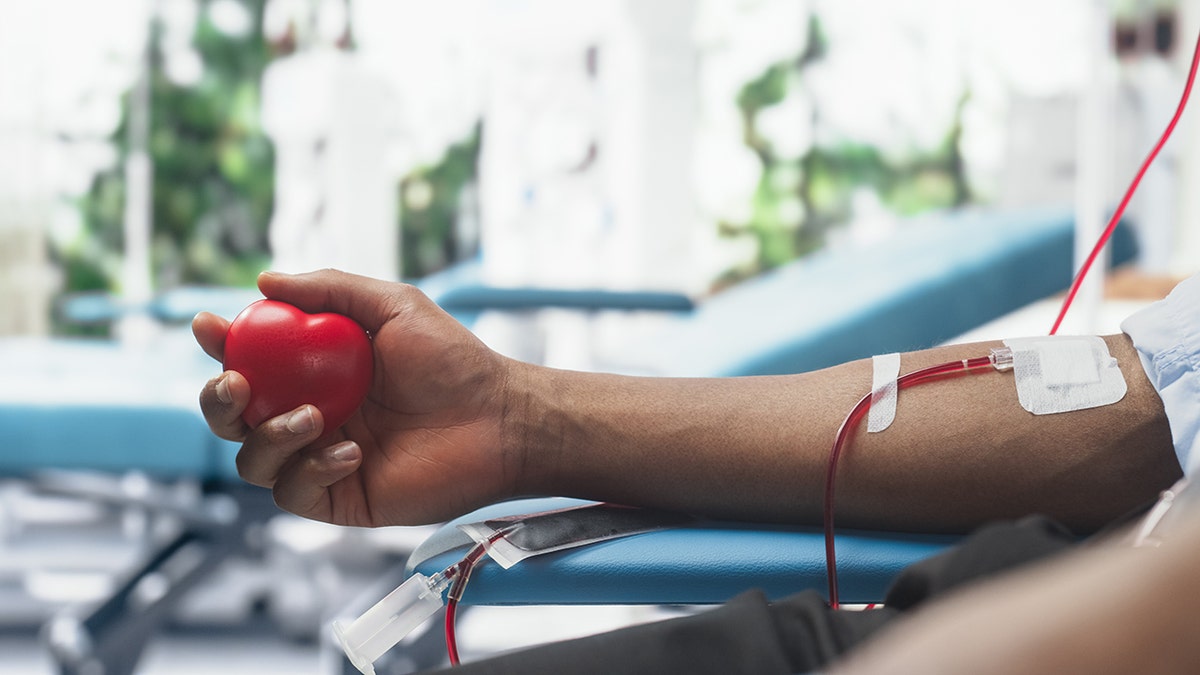Blood and urine tests have been found to detect the amount of ultra -processed food (UPF) a person eats, according to new research.
Using automatic learning, scientists from National Health Institutes (NIH) identified hundreds of metabolites (molecules produced during metabolism) that were correlated with processed food intake.
The team developed a “biomarker score” that predicts ultra -processed food intake based on blood and urine metabolites measures, according to Erikka Loftfield, a doctorate, mph, from the Maryland National Cancer Institute.
Premature death linked to certain types of food, reveals the study
The researchers removed the basic data from 718 adults who provided samples of urine and blood and reported their dietary habits for a period of 12 months, as detailed in a NIH press statement.
Then they performed a small clinical trial of 20 adults. For two weeks, the group ate a diet rich in ultra -processed foods and for two more weeks ate a diet without UPF.
Scientists from national health institutes have developed the first test to objectively measure the intake of ultra -processed foods through blood and urine. (Istock)
“In our study, we found that hundreds of serum and urine metabolites were correlated with the percentage energy of ultra -processed food intake,” Loftfield told Fox News Digital.
The findings were published in PLOS MEDICINE Magazine.
The worst foods to buy at the supermarket and the best options
Large -scale studies that investigate the health risks of ultra -processed foods are often based on self -realized dietary questionnaires, which can be prone to errors, according to NIH.
The new blood and urine test helps reduce human error by using objective biomarkers, an area of increasing interest among researchers.

Using automatic learning, the team identified hundreds of metabolites that correlated with processed food intake. (Istock)
Loftfield added: “It was amazing to find that the metabolites correlated by the UPF are involved in numerous and various biological avenues, emphasizing the complex impact of the diet on metaboloma.”
Ultra-processed foods are defined as “ready-made products, industrially manufactured, usually high in calories and low in essential nutrients,” according to NIH.
Click here to register -you are in our health newsletter
Chronic diseases, obesity and various forms of cancer have been linked to heavy diets in the UPF.
Looking forward
Despite promising results, researchers emphasized that the new method will require subsequent validation before wider use.
Since the current essay focused mainly on adults, more research is needed in various age groups and diets, according to experts.

Ultra-processed foods are defined as “ready-made products, industrially manufactured, usually high in calories and low in essential nutrients,” according to NIH. (Istock)
“Metabolites scores should be evaluated and improved in different diets and a wide range of UPF intake,” acknowledged Loftfield.
Click here to get the Fox News app
According to researchers, this method could be used in future research to link consumption of processed foods with chronic diseases.
For more health items, visit www.foxnews.com/health
“For people interested in ultra -processed food intake, a practical recommendation is to use” nutritional facts “to avoid added sugars, saturated fats and sodium, as this can limit UPF’s intake and align with robust scientific research on diet and health,” Loftfield suggested.
#blood #reveals #quietly #eating #habits
Image Source : www.foxnews.com
